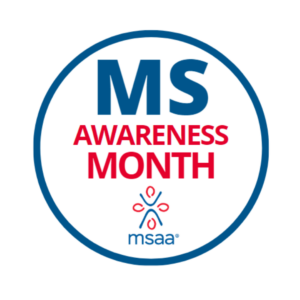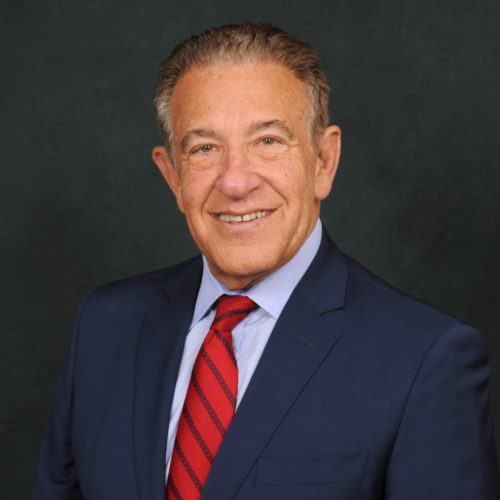
For more than 15 years, MSAA has celebrated the artistic talents of the MS community in our digital Art Showcase. This year – for the second year in a row – we are excited to launch MSAA’s largest Showcase to date!
Featuring 94 artists and more than 250 wonderful pieces of artwork, MSAA’s 2026-2027 Art Showcase highlights the inspiring stories of individuals with multiple sclerosis from across the country. We highly encourage you to view this one-of-a-kind Showcase by visiting MSAA’s 2026-2027 Art Showcase webpage.
March 2026 MS Artist of the Month
MSAA features the work of many talented artists affected by multiple sclerosis as part of our annual MSAA Art Showcase. Each month we share these artists’ inspiring stories and beautiful artwork with you as our Artist of the Month. This month, we celebrate Leidy Burgos of Philadelphia, PA as March’s Artist of the Month.
Continue reading





